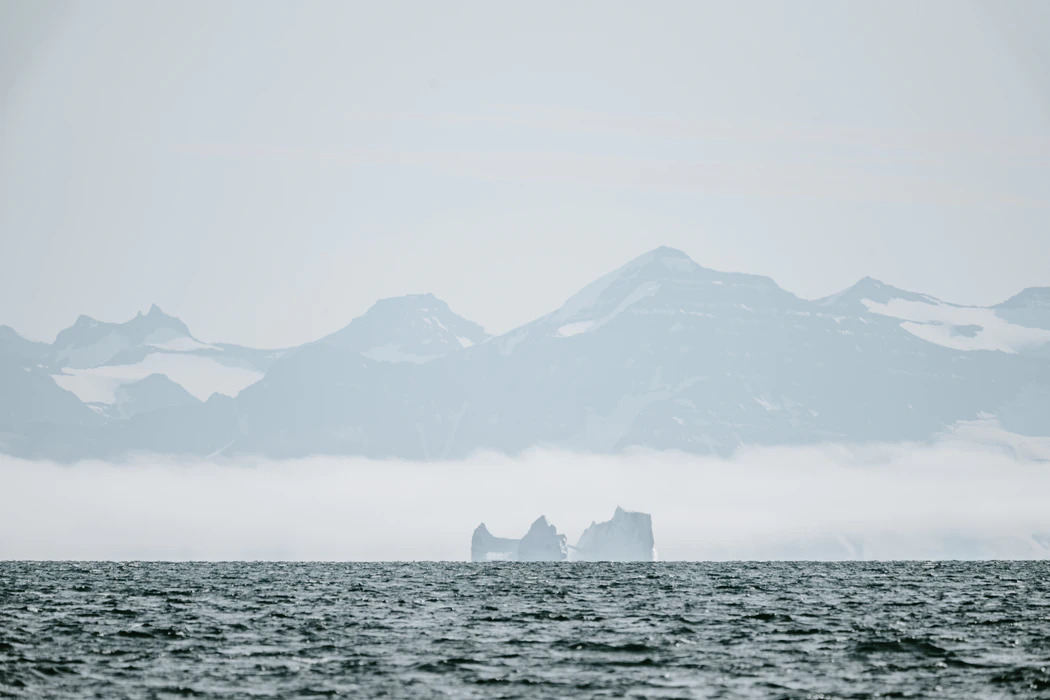International online conference "Global history of the Arctic: trans-border networks, alternative spatialities and scale shifting"
Center for Historical Research (HSE St. Petersburg) and Laboratory for Historical Geography and Regionalistics (UTMN, Tyumen) invites applications for the international online conference "Global history of the Arctic: trans-border networks, alternative spatialities and scale shifting" on May 20–21, 2021.

University of Tyumen
Institute of Social Sciences and Humanities
Laboratory for Historical Geography and Regionalistics
Center "Human, Nature, Technology" UTMN
Higher School of Economics – St. Petersburg
Centre for Historical Research
International online conference
Global history of the Arctic: trans-border networks, alternative spatialities and scale shifting
Dear Colleagues!
We are pleased to inform you that on May 20–21, 2021 the University of Tyumen together with the National Research University Higher School of Economics, Saint Petersburg, are holding the international online conference «Global history of the Arctic: trans-border networks, alternative spatialities and scale shifting.»
Applications should be submitted to: globalarctic@mail.ru.
Application deadline: 01.05.2021.
The application should include the topic of the paper, its abstract (no more than 300 words) as well as a short CV and contact information.
The working languages of the conference are English and Russian.
National histories have often described the appropriation of Arctic territories as a special mission of the northern states, which is a cherished source of success in geopolitical clashes over resources. In the works of historians, the Arctic as a research object is traditionally presented as a civilizational challenge and teleological modernity, that form the ethos of the peoples who participate in the northern attraction. Modern knowledge of global history undermines this scholarly view, redirecting it from territorial centrism and energy alarmism in the study of the Arctic to a search for new relational interactions and reassembling of spatialities in the ecumenical history of the North.
The conceptual framework of global history delineates the Arctic in the connectedness of macro-regions, saturates the historical analysis with various subjects and complicates the picture with intersecting territorialities. In global history, infrastructural and technological networks that unite the cultures and communities of the Arctic are rethought into flows and interconnections of actors as mediators of the «stable» in discrete hierarchies. The Arctic retrospective allows experimenting with definitions of space and seeking for alternative mise-en-scenes of historical events and characters. Global history scales the past in a variety of interconnected macroprocesses and individual trajectories in describing the Arctic world.
The conference organizers invite scholars in different fields to reflect on the issues of global history in relation to the Arctic using the example of their research cases.
